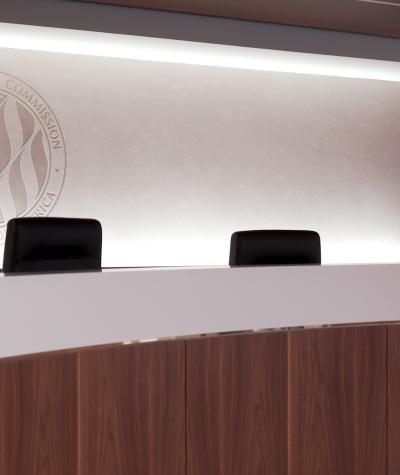A district court declared that the Federal Election Commission (FEC) has illegally failed to act for more than three years on Campaign Legal Center’s (CLC) “supported” and “credible” allegations that secret money group Heritage Action violated campaign finance laws.
As the court explained, CLC’s “allegations outline a legitimate threat to the health of our electoral processes.” Under the order, the FEC must act on those allegations within 30 days.
The order, issued on March 25, 2022, is the latest in a series of judicial rebukes of the FEC for abandoning its obligation to enforce federal campaign finance laws.
These failures by the FEC have led to an explosion in secret spending, and our politics are increasingly rigged in favor of special interests. To reduce political corruption, we need a stronger FEC to enforce our campaign finance laws and hold political candidates and their donors accountable.
Federal courts have recently issued similar orders directing the FEC to move on allegations against the National Rifle Association, Iowa Values and 45Commitee.
But in each of those cases, the FEC’s illegal obstinance continued. Under federal law, the FEC’s failure to comply with a court order to act allows the person who brought the complaint to sue in federal court to hold the violator accountable.
If the FEC again refuses to do its job in face of today’s court order, it would trigger the right of CLC to sue Heritage Action directly in federal court to hold it accountable for its campaign finance violations.
In 2018, CLC filed an administrative complaint with the FEC alleging that Heritage Action, a 501(c)(4) corporation, violated the Federal Election Campaign Act (FECA) by failing to disclose who paid for its election advertising during the 2018 election cycle.
CLC’s administrative complaint provides clear evidence that Heritage Action solicited and received contributions for the purpose of furthering its election advertising, and in mid-September 2018, Heritage Action spent at least $374,177 on ads supporting 12 candidates running for U.S. House of Representatives seats that same year.
Contrary to federal law, Heritage Action did not disclose its contributions.
After waiting for the FEC to take action on CLC’s administrative complaint for over 850 days, CLC sued the FEC in February 2021 for failing to enforce federal disclosure laws and compel the Commission to conform with its statutory mandate to investigate Heritage Action’s alleged FECA violations.
Organizations like Heritage Action push the boundaries of anti-corruption laws because they know that the FEC is unlikely to enforce the law against them. For the Commission to act, at least four of the six Commissioners must vote to approve any enforcement action.
Due to ideological disputes among the Commissioners, the FEC rarely has the votes to do its job and hold violators accountable. As today’s order against the FEC makes clear, however, if the FEC fails to act, the courts are willing to step in.
Today’s victory is important because it will either compel the FEC to take action to enforce the law against organizations like Heritage Action or open the door for private entities to step in and do so in its place. It is time for the FEC to do its job to protect the voices of all voters.

